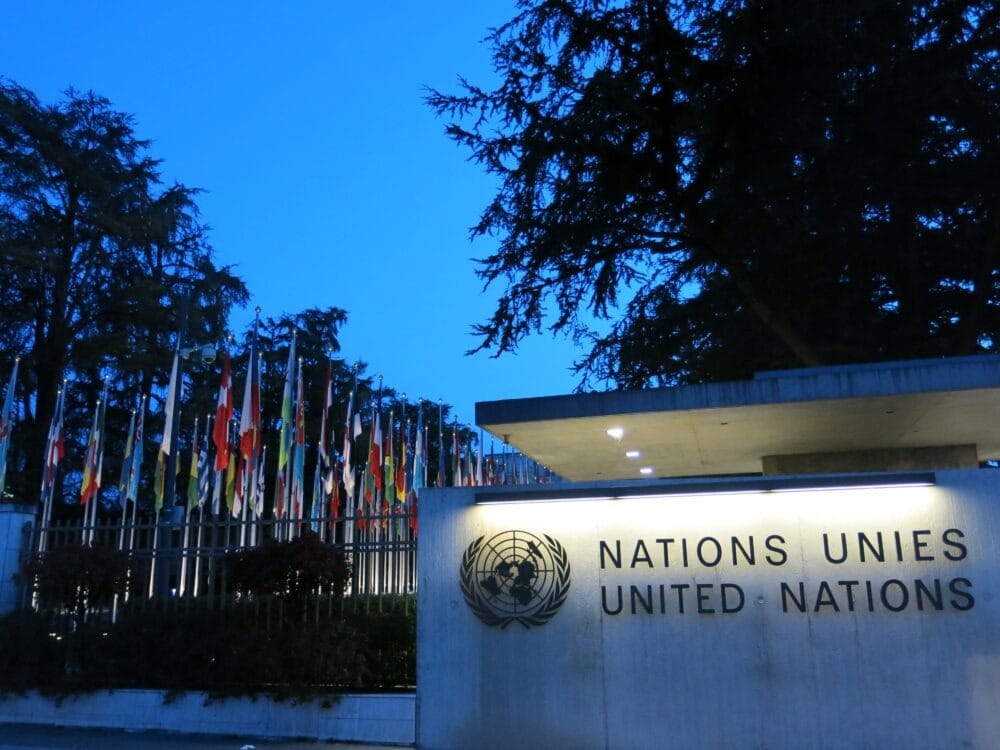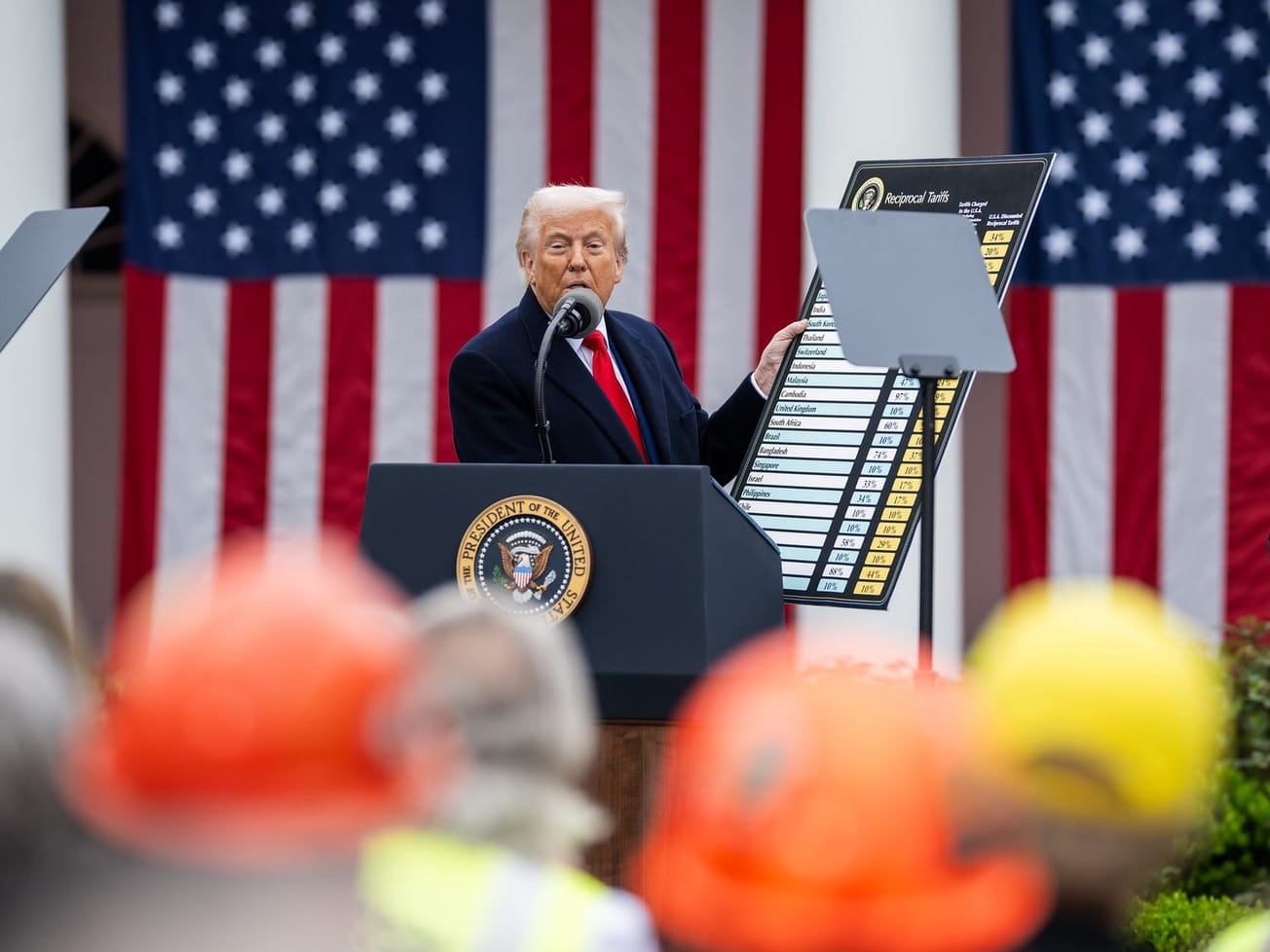UNITED NATIONS (AN) — The United Nations is weighing proposals to add two new departments and revamp its 44,000 staff — about a third the size of Microsoft or Apple — in a broader effort to radically shake up management.
The need to overhaul the U.N.'s vast bureaucracy is a more urgent topic with the pressure coming from its single biggest donor, the United States, where U.S. President Donald Trump's administration is turning up the heat in response to U.N. criticism of American policies.









